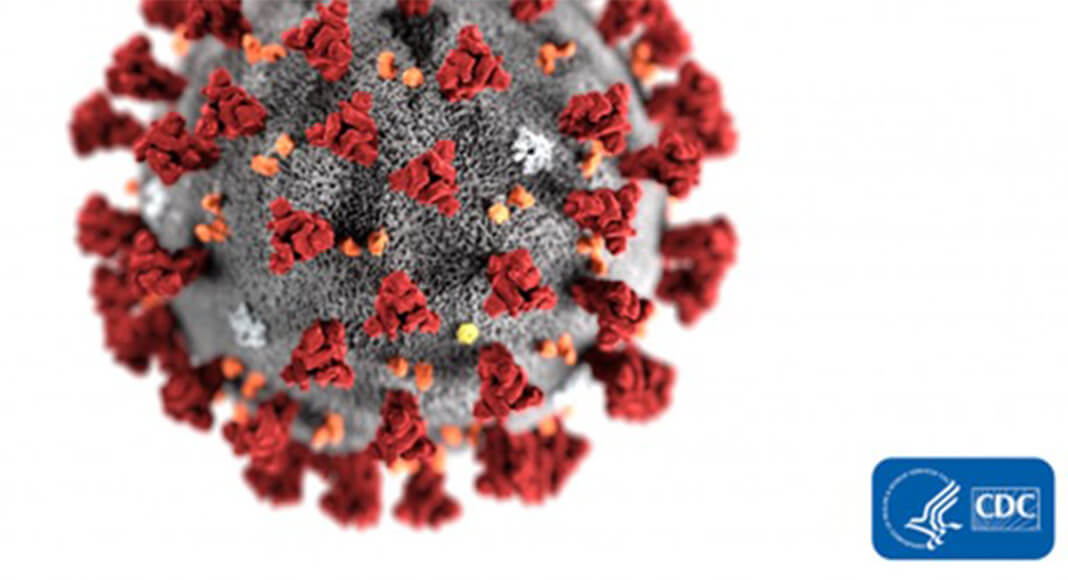
Coronavirus, ultrastructural morphology
Mega Doctor News
by University of Illinois Chicago
Newswise — Researchers at the University of Illinois Chicago are developing a potential treatment for COVID-19, thanks to a $6 million technology and therapeutic development award from the U.S. Department of Defense.
COVID-19 is an infectious disease caused by the SARS-CoV-2 virus, which can result in severe inflammatory and respiratory complications like acute respiratory distress syndrome, or ARDS. In ARDS, fluid from the bloodstream leaks into the lungs, creating difficulties in breathing and reduced blood oxygen levels. It can also develop into a serious infection, which can cause the body’s immune system to overreact in a cytokine storm, which can further damage lung tissue through out-of-control inflammation.
These complications often require artificial ventilation and are thought to be contributing factors to mortality among patients with COVID-19 — ARDS has a high mortality rate of about 50% and there currently are no treatments for ARDS or the cytokine storm that can result from ARDS.
The new funds are being used to test a drug candidate that has been shown to help restore function to damaged lungs and reduce cytokine levels in animal models of ARDS. Now the drug will be tested in pre-clinical animal models of COVID-19 to determine its efficacy, toxicity, and possible dosages before human trials are considered.
“Our drug candidate, VT-109, can prevent lung damage by tightening the barrier between the bloodstream and the lungs, preventing leakage of fluid into the lungs,” said Yulia Komarova, UIC associate professor in the department of pharmacology and regenerative medicine at the College of Medicine and principal investigator.
Komarova identified VT-109, which is administered as an intravenous treatment, after screening dozens of small molecule drugs for the potential to tighten the endothelial barrier that separates circulating blood from lung tissue. The drug interacts with microtubules, which are structures that regulate the endothelial barrier. VT-109 binds to these microtubules and helps to restore the endothelial barrier, thereby reducing leakiness.
Based on the pre-clinical findings from earlier studies, the researchers hypothesize that VT-109 has the potential to treat pulmonary edema and restore respiratory function in COVID-19 patients, improve oxygenation of the organs, reduce lung and systemic inflammation, and reduce all-cause and hospital mortality due to respiratory complications.
“To date, we have already optimized the therapeutic candidate, developed a clinically relevant formulation suitable for COVID-19 patients with respiratory illness, and collected preliminary safety and ARDS efficacy data in mice and rats. Our new pre-clinical efficacy, toxicology, and pharmacology studies of VT-109 should be sufficient to satisfy the FDA, and we are hopeful this research will culminate in acceptance of an IND application,” Komarova said.
The U.S. Food and Drug Administration’s Investigational New Drug, or IND, program oversees the process by which all potential drugs and biological products are evaluated for administration to humans in a clinical trial. Komarova estimates it may be three or more years before VT-109’s IND application. The funding (W81XWH2110639) will also be used to investigate the best processes for development, optimization and scale-up feasibility of VT-109 and manufacturing the drug for future first-in-humans clinical studies. The University of Minnesota will be awarded $500,000 of $6 million to produce VT-109 for use in Komarova’s research and future clinical trials.










